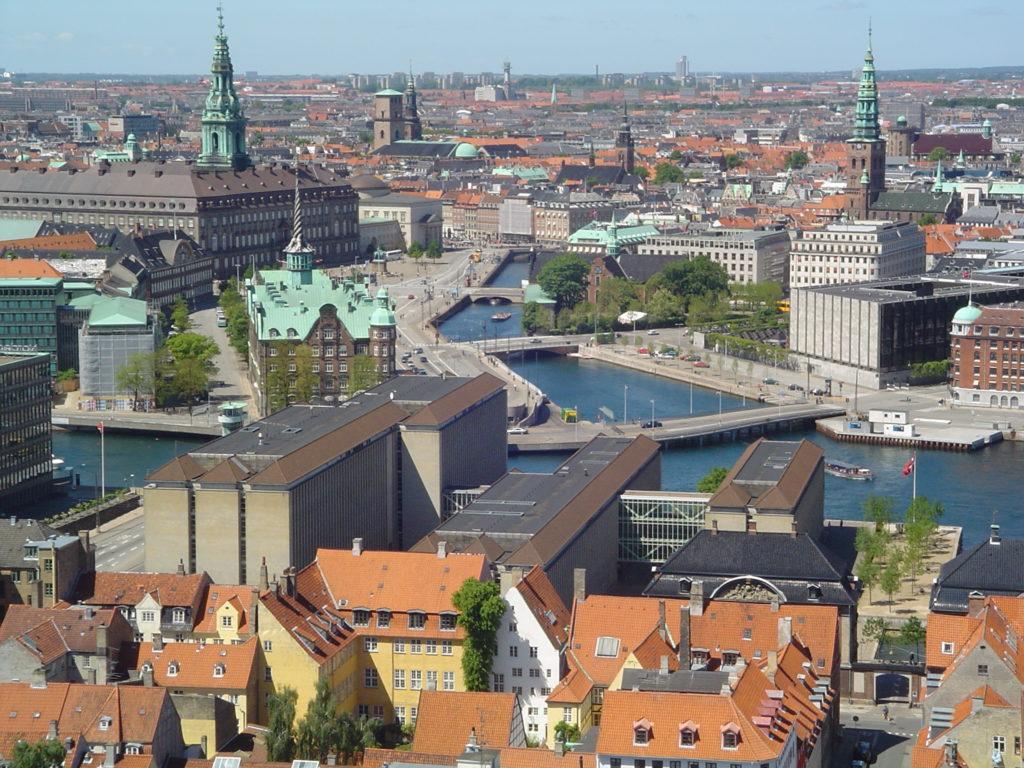Last Saturday, President Obama asked something of the University of California-Irvine class of 2014 in his commencement address: he called on young people to take charge of climate change and force this issue past the current congressional standstill.
I found this action both worrisome and hopeful as I read about Obama’s confrontation of climate change deniers and request that young people lead the country on this issue.
His speech took some entertaining cracks at climate change deniers and called out a member of congress who said the world is actually cooling. Despite the mocking tone, his message was clear: he is done watching climate bills die on the senate floor, and done trying to work with Republicans on an issue they are avoiding, denying and belittling at every turn.
So, whether we like it or not, our generation has been asked to step up to bat on climate issues, and with the single largest age group in America being 22 years old, according to the US Census Bureau, we have some muscle.
What it comes down to is whether or not our sheer mass will be enough, even if we “invest in what helps, and divest from what harms,” as Obama urged us.
There is some serious pressure on our young shoulders, but if there is anything millennials know how to do, it is to communicate widely and effectively. To stand a fighting chance at making a substantial difference, however, I think an attitude adjustment may be in order.
The fact that some believe there is still a debate over the existence of human-caused climate change, which is backed by the overwhelming majority of scientists, calls for a serious reframing of the subject.
The science of climate change has been demonstrated to deniers again and again. We have tried logic and have prophesied our fiery future, but it has not been enough.
At an event for my co-op at the Nature Conservancy last Monday, I heard four inspiring speakers discuss this, each battling for climate preparedness in their own way. Though each had distinctive insight to share on the topic, speaking from experience from working with the City of Boston and various conservation and climate organizations, a general consensus rose to the surface.
Agreeing that the depressing dialogue around climate change was not inspiring action, they spoke of the solutions instead of the problems. In place of the dangers of sea level rise, droughts and floods, they encouraged the audience to speak of the thriving, compact and resilient urban areas that would mitigate as well as adapt to climate change.
I began to see that we so often focus on the cutbacks and restrictions of reducing carbon emissions that it can be hard to focus on what we stand to gain.
With the way the US senate has shot down many climate change mitigation and adaptation bills, there is a daunting implication that sure, we can reduce carbon emissions, but the economy and our quality of life will suffer. And I have to say it is just not true.
To come to this conclusion, I looked to Copenhagen, Denmark. The Danish city was voted Green Capital for 2014 by the European Environment Commission, so the city is at the head of the pack when it comes to curbing emissions and reducing impact.
Instead of suffering for its impressive carbon cuts, Copenhagen is flourishing both socially and economically due to environmental efforts. The green city’s strategy has brought about significant reductions in carbon dioxide emissions, reduced pollution, created green jobs and produced annual growth rates of 12 percent in the green sector, according to a study by Green Growth Leaders.
Not only that, but a State of Green report found that Copenhagen has been enjoying great improvements in quality of life for its inhabitants. It is no wonder, when carbon cuts look like bike-friendly streets, harbors clean enough to swim in and a healthy economy.
I think it is time we realized we might be able to meet our green responsibilities, and enjoy them too.
-Molly Tankersley can be reached at [email protected].
Photo courtesy Creative Commons and Molly Tankersley.




















